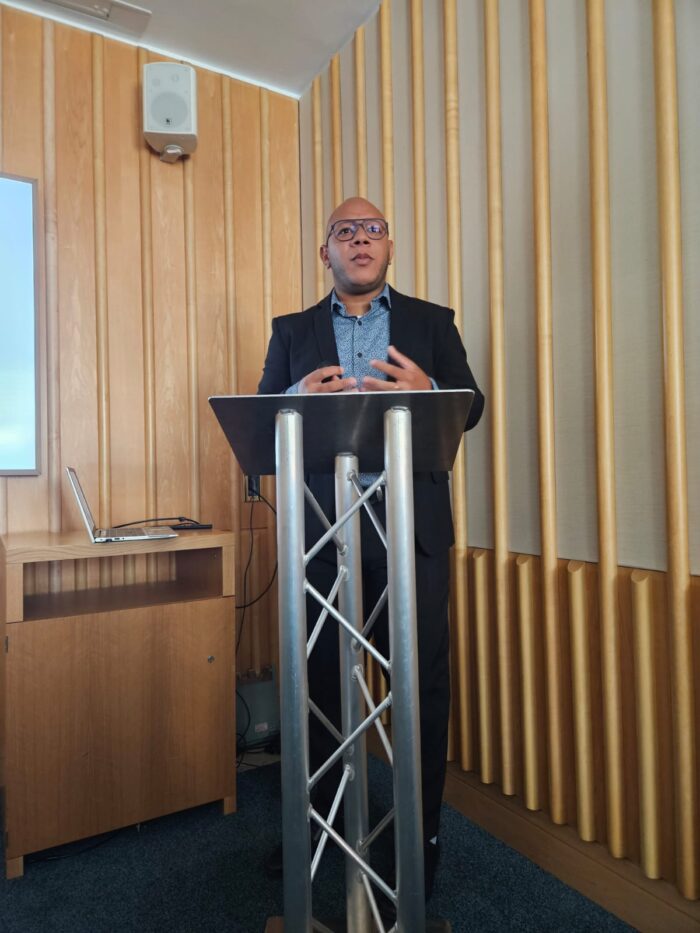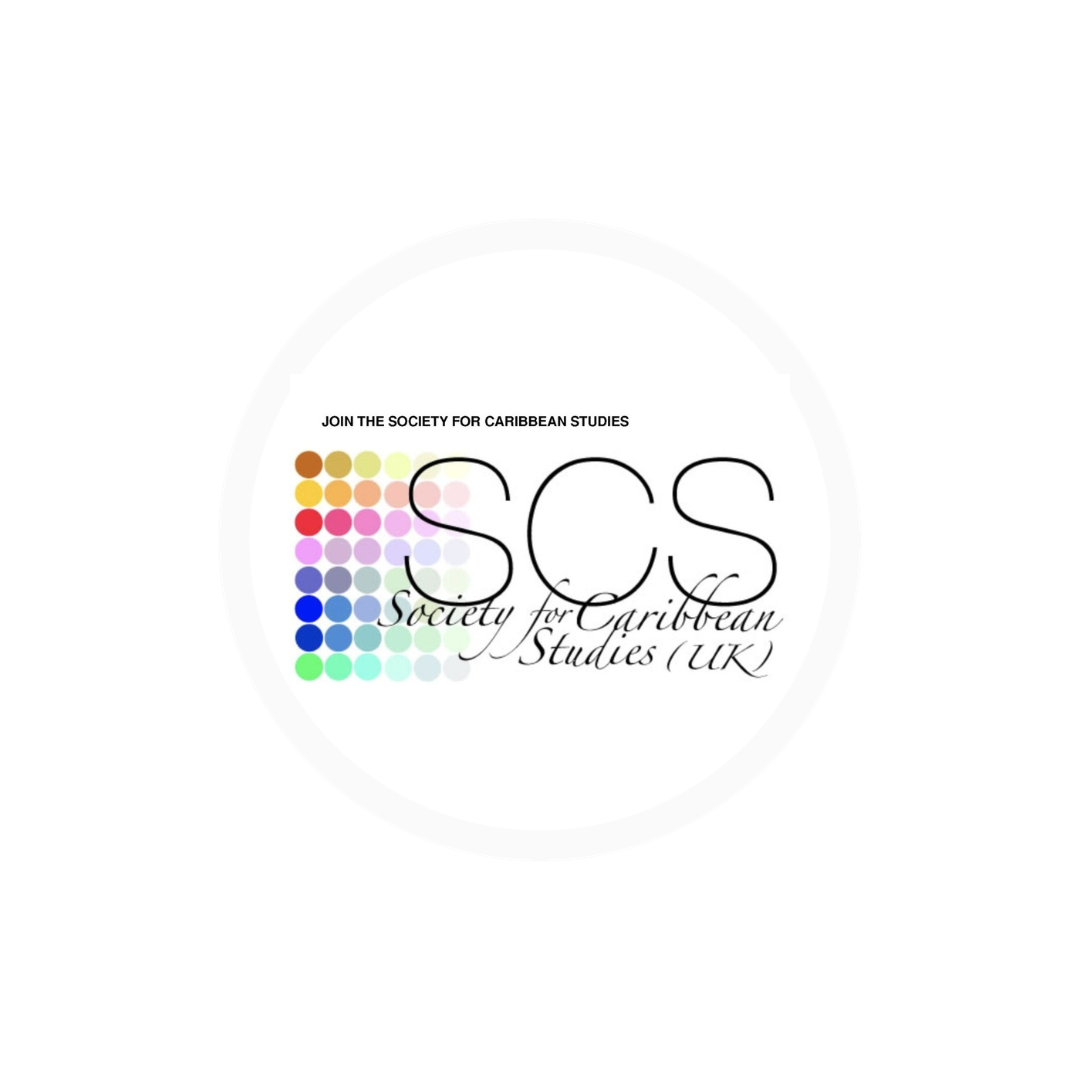
(The Caribbean Student Bursary Andel received to attend the annual SCS Conference was funded by the Bristol Caribbean Studies Studio. Additional support for the British Library Fellowship was funded by the Eccles Institute)
I am humbled, happy, and deeply grateful to have been awarded a bursary as one of the postgraduate students to attend the Society for Caribbean Studies (SCS) Conference held in July 2025. This event was especially meaningful as it marked my first in-person academic conference, and expectedly so, it exceeded all my expectations. The SCS Conference is notable for its warm reception of postgraduate students. From my arrival, I felt welcomed into a community where camaraderie was a keystone. Researchers, professors, and professionals were enthusiastic about offering advice, exchanging knowledge, and engaging in substantive discussions about Caribbean research. Unlike competitive environments, this conference fostered collaboration and knowledge-sharing, which made a significant impression on me.
While the conference mainly focused on Caribbean humanities and education, what struck me most was the wide-ranging and rich discussions, which truly showcased the vibrant and evolving nature of Caribbean scholarship. The panels covered a broad spectrum of topics: education, reparative histories, the Windrush generation’s legacy, repair and reparatory justice, digital epistemology, and more. Each presentation provided not just facts but new viewpoints that fostered critical thinking and challenged long-standing assumptions. What made these sessions particularly memorable was how they linked the Caribbean’s unique histories and experiences to broader international debates, whether about colonial histories, migration, or technology’s role in shaping identity today. This lively exchange of ideas highlighted the relevance and resilience of Caribbean scholarship in today’s global context. By the end of each day, I felt inspired, challenged, and proud to be part of a field that continually pushes boundaries and makes a significant impact on the international academic stage.
A particularly valuable aspect was the networking opportunity. As a postgraduate student from Trinidad and Tobago specialising in Caribbean and Commonwealth Caribbean studies, the conference was very relevant. I connected with researchers and scholars from the UK and various Caribbean nations, many working on projects that relate to or inspire my research. Sharing my work and learning about theirs created a sense of community in the academic field, and I left with connections having been made and deepened which will in turn benefit my career long-term. The inclusivity and supportive nature of the Society for Caribbean Studies to new members stood out. I was warmly welcomed onto the Society’s executive team as its Social Media/Communications Officer. Being trusted with such a role so early on is something I will always value, and I look forward to advance the Caribbean scholarship in this role.
Notably, the experience extended beyond the conference itself. Thanks is extended to the bursary, my colleague and I had the incredible opportunity to spend a week at the British Library, where we presented our research during their Summer Scholars Lunchtime Talks. Speaking in such an historic space and sharing my work with an international audience was genuinely transformative. It reaffirmed the significance of my research and highlighted the importance of integrating Caribbean perspectives into global discussions. The week at the British Library was equally valuable. With the support and kindness of Philip, Laura, Jean, and Nicole-Rachelle, I immersed myself in the library’s extensive collections, discovering materials that significantly refined my research. The vast resources left me in awe; I could have spent months exploring the archives and databases related to Caribbean governance, identity, diplomacy and rights.
 Reflecting on the two weeks between the conference and the fellowship, I can confidently say that the knowledge gained, insights shared, and friendships formed will stay with me for life. As a postgraduate student from Trinidad and Tobago whose work centres on Caribbean realities, this experience was more than academic; it served as a powerful reminder that our voices, stories, and scholarship matter globally.
Reflecting on the two weeks between the conference and the fellowship, I can confidently say that the knowledge gained, insights shared, and friendships formed will stay with me for life. As a postgraduate student from Trinidad and Tobago whose work centres on Caribbean realities, this experience was more than academic; it served as a powerful reminder that our voices, stories, and scholarship matter globally.
A special thanks goes to Leighan, whose support and guidance made this journey smooth. From her initial outreach, she offered reassurance and assistance, embodying the warmth and leadership that make the Society for Caribbean Studies so exceptional. I am deeply grateful to the Society for this opportunity. I return home with new ideas, skills, and a renewed dedication to advancing Caribbean scholarship and ensuring that the struggles, successes, and lived experiences of our region are recognized, heard, and celebrated worldwide.
Written by Andel Andrew
MPhil/PhD Candidate in Governance
Sir Arthur Lewis Institute of Social and Economic Studies
University of the West Indies, St. Augustine
Trinidad and Tobago
